
Sexuality and Disability in Nigeria: A Fight for Visibility and Rights
Imagine being told your desires don’t matter—or worse, that your body isn’t worthy of love, safety, or autonomy. For women with disabilities in Nigeria, this is not imagination. It’s daily life.
A groundbreaking study with 24 women in Lagos reveals systemic neglect, societal stigma, and resilience in the face of erasure. Here’s what they want the world to know.
Key Findings: The Barriers They Face
- Societal Stigma: Dismissed as “asexual,” their sexual needs are ignored.
- Healthcare Gaps: Clinics lack ramps, contraceptives are inaccessible, and myths about birth control abound.
- Violence & Vulnerability: 40% of participants reported sexual assault, often compounded by mobility challenges.
- Economic Exclusion: Poverty limits access to care, with one woman pleading for “a walking aid to reach the hospital.”
‘We Are Not Asexual’: Voices from the Study
On Desire and Discrimination:
“My husband complains I can’t ‘do different styles.’ But how? My body hurts.” – Participant, 30s
On Sexual Violence:
“If I had legs, that thing would not have happened to me.” – Survivor of assault
On Systemic Neglect:
“People think we have no right to complain. Even when raped, they blame us.”
Their Solutions: A Blueprint for Change
The women demand:
- Accessible Healthcare: Ramps, subsidized contraceptives, and mobile clinics for home visits.
- Legal Protections: Laws targeting disability-specific sexual violence.
- Public Education: Media campaigns to dismantle stereotypes about disability and sexuality.
- Economic Support: Financial aid for mobility devices and healthcare costs.
Why This Matters Globally
Nigeria mirrors a global crisis: 80% of people with disabilities live in developing nations, yet their sexual health rights are rarely prioritized. Inclusive policies aren’t just ethical—they’re lifesaving.
Join the Conversation!
How can societies better support women with disabilities? Have you or someone you know faced similar challenges? Share your insights below—your story could fuel change.
[CTA]: “Subscribe for updates on disability rights and gender equity in Africa.”
Why This Matters:
Ignoring the sexual health of women with disabilities perpetuates cycles of violence and exclusion. Their courage to speak out is a call to action—for policymakers, healthcare providers, and all of us.
Follow our blog for more stories on marginalized voices reshaping narratives in Africa.







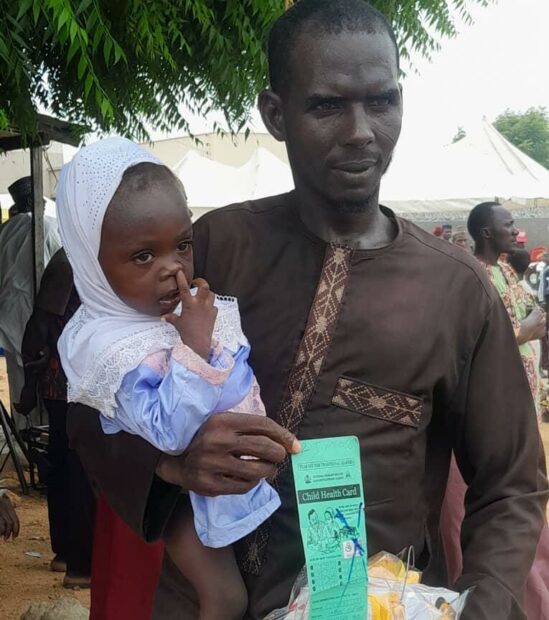

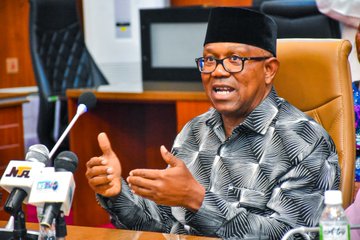
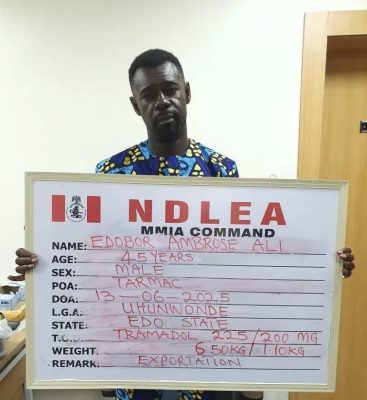
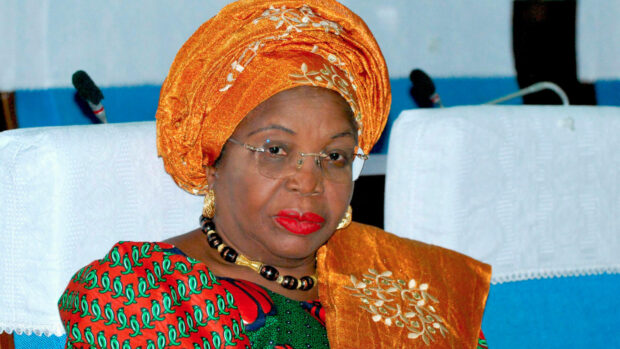
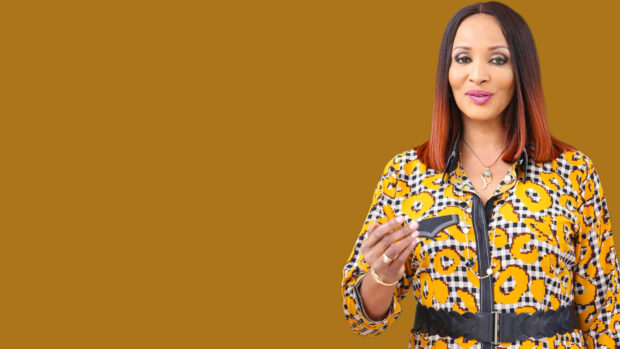
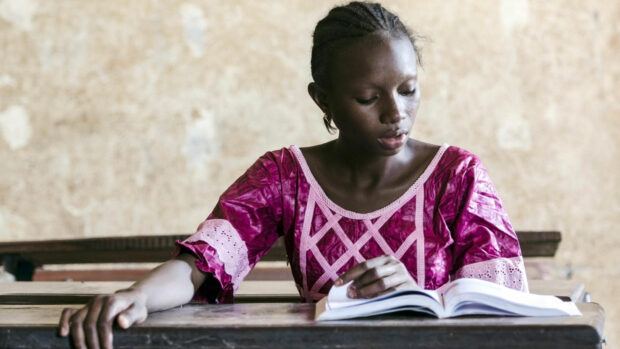
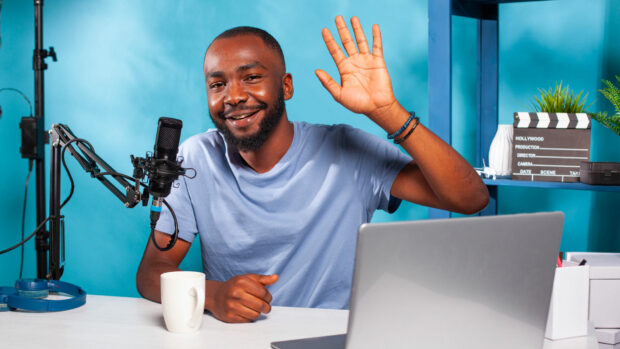

Be the first to leave a comment